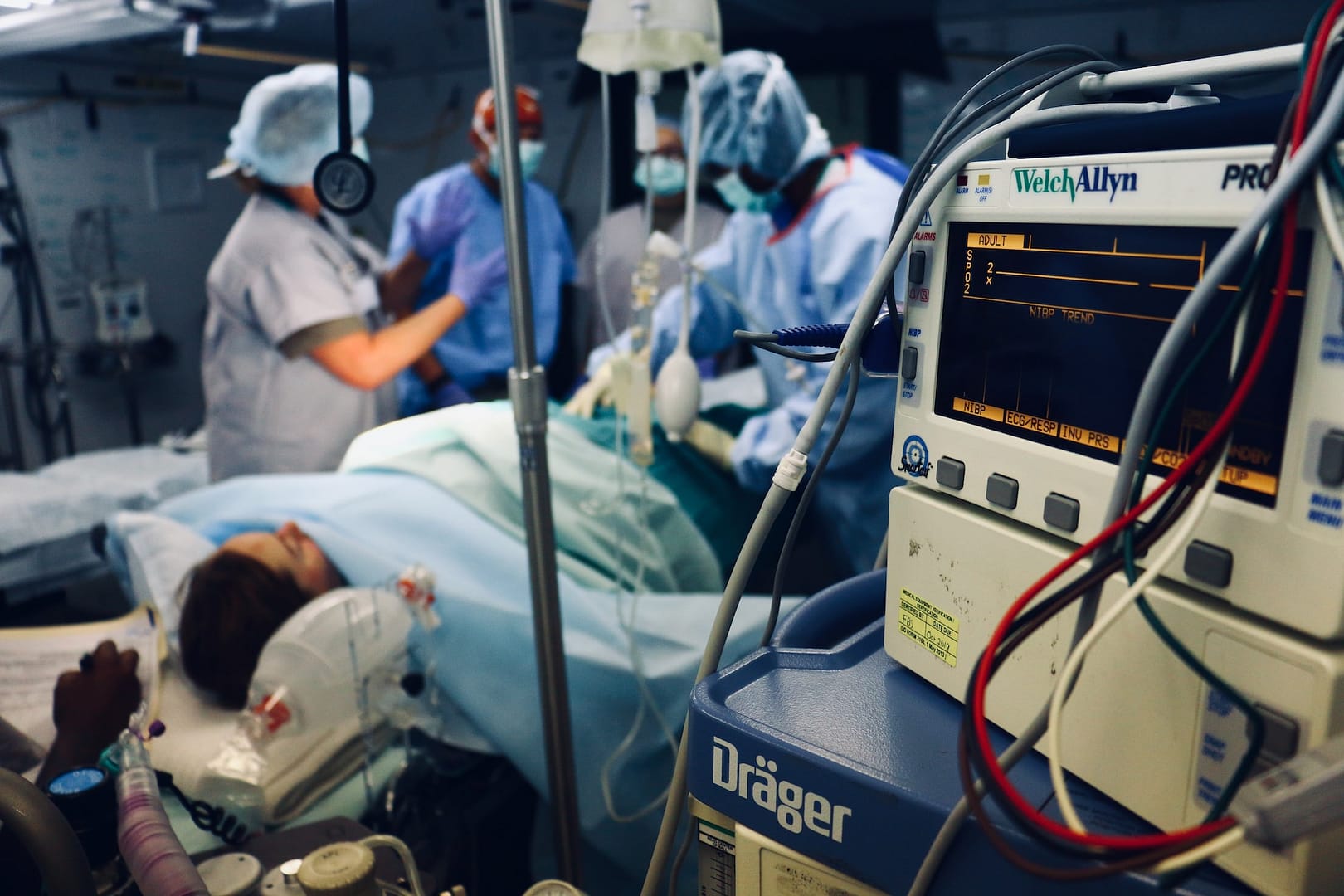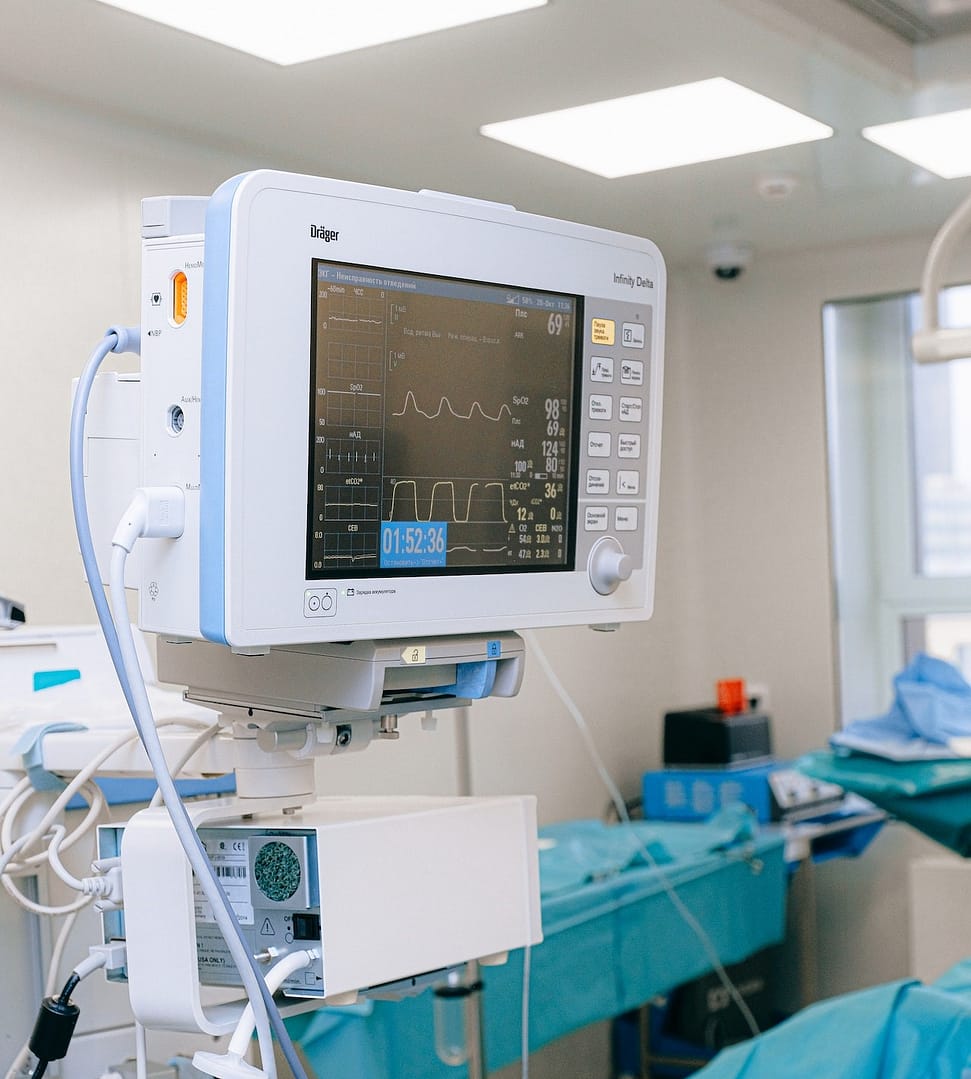In the ever-evolving landscape of healthcare, the intersection of technology and clinical negligence has become a focal point of discussion and concern. As we navigate the complexities of modern medicine, the repercussions of clinical negligence loom large, affecting patients, practitioners, and the healthcare system as a whole.
The Consequences of Clinical Negligence
Clinical negligence, often referred to as medical malpractice, occurs when healthcare providers deviate from the standard of care, leading to harm or injury to the patient. The consequences can be severe, ranging from physical and emotional trauma to long-term disabilities or even loss of life. Each case is a unique narrative, woven with the threads of pain, suffering, and the profound impact on individuals and their families.
To understand the gravity of clinical negligence, imagine a scenario where a misdiagnosis delays crucial treatment, allowing a disease to progress unchecked. In such cases, the toll on the patient’s health can be irreversible. The emotional distress experienced by the patient and their loved ones is immeasurable, adding another layer to the already complex web of consequences.
Clinical Liability and Technology
While the spectre of clinical negligence haunts the corridors of healthcare, technology emerges as a powerful ally in the ongoing battle to mitigate risks and enhance patient safety. From electronic health records (EHR) to advanced diagnostic tools, technology plays a pivotal role in reducing errors and improving the overall quality of healthcare services.
Electronic Health Records (EHR)
One of the fundamental challenges in healthcare has been the management and accessibility of patient records. The transition from paper records to electronic health records has been a game-changer, streamlining communication among healthcare professionals and ensuring a comprehensive view of a patient’s medical history. However, with this leap in technology comes the responsibility to safeguard sensitive information against cyber threats, highlighting the need for robust cybersecurity measures.
Telemedicine and Remote Monitoring
The advent of telemedicine has revolutionised the way healthcare is delivered, especially in the context of clinical negligence. Remote consultations and monitoring allow for timely interventions, reducing the likelihood of errors in diagnosis or treatment. However, the challenge lies in striking the right balance, ensuring that technology complements rather than replaces the human touch in healthcare.
Artificial Intelligence in Diagnostics
Artificial Intelligence (AI) has emerged as a potent force in medical diagnostics, offering unprecedented accuracy and efficiency. AI-driven diagnostic tools can analyse vast amounts of data, aiding healthcare professionals in making informed decisions. Nevertheless, the integration of AI comes with its own set of challenges, including the need for rigorous validation and ongoing monitoring to ensure reliability and prevent algorithmic biases.
Navigating the Challenges
As technology continues to weave itself into the fabric of healthcare, addressing the challenges posed by clinical negligence becomes a collaborative effort. It requires a symbiotic relationship between healthcare providers, technology developers, and regulatory bodies to create a robust framework that prioritises patient safety.
Regulatory Frameworks
Establishing and enforcing stringent regulatory frameworks is paramount in leveraging technology to its full potential while minimising the risks associated with clinical negligence. Regular audits, continuous training, and transparent communication channels can contribute to a culture of accountability within the healthcare system.
Ethical Considerations
As we embrace the benefits of technology in healthcare, ethical considerations must guide our actions. Striking a balance between innovation and patient safety requires a commitment to uphold ethical standards. The development and implementation of technology should prioritise the well-being of patients, ensuring that advancements do not compromise the fundamental tenets of healthcare.
Continuous Education and Training
The rapid evolution of technology demands a parallel commitment to continuous education and training within the healthcare workforce. Keeping practitioners abreast of the latest advancements, emphasising the responsible use of technology, and fostering a culture of learning can empower healthcare professionals to navigate the complexities of the digital age.

Making a Clinical Negligence Claim with National Claims
In the unfortunate event of clinical negligence, seeking recourse is essential. At National Claims, we understand the intricacies of navigating the legal landscape surrounding clinical negligence claims. Our dedicated team is committed to providing support and guidance to individuals who have suffered due to medical malpractice.
If you believe you have been a victim of clinical negligence, making a claim with National Claims involves a straightforward claims process. Our experienced legal professionals will work closely with you to gather relevant information, assess the merits of your case, and guide you through the legal steps required to seek compensation for the damages you have endured.
Opportunities on the Horizon
While challenges abound, so do opportunities for positive transformation. The synergy between technology and healthcare holds the promise of not only reducing the instances of clinical negligence but also improving the overall quality of patient care.
Enhanced Communication
Technology facilitates seamless communication among healthcare professionals, ensuring that critical information is relayed accurately and promptly. This enhanced communication can prevent misunderstandings and oversights, reducing the likelihood of clinical negligence.
Predictive Analytics
The integration of predictive analytics into healthcare systems enables the identification of potential risks before they escalate. By analysing patterns and trends in patient data, healthcare providers can implement preventive measures, ushering in a proactive approach to patient care.
Patient Empowerment
Empowering patients with access to their health information and involving them in decision-making processes can be a powerful antidote to clinical negligence. Technology can facilitate patient education and engagement, fostering a collaborative relationship between healthcare providers and those under their care.
Conclusion
In this intricate dance between technology and clinical care, the stakes are high, and the path forward is multifaceted. The consequences of clinical negligence reverberate through the lives of individuals, underscoring the urgency to embrace technology as a tool for positive change. By navigating the challenges with a commitment to ethics, regulation, and continuous improvement, we can unlock the full potential of technology, creating a healthcare landscape that prioritises patient safety and well-being.
In this evolving narrative, the fusion of technology and clinical care is not just a story of challenges; it is a tale of opportunities, where innovation becomes a beacon guiding us towards a future where healthcare is not only advanced but also profoundly human.
Start your claim today and speak to one of our claims specialists to help you get started by contacting us.
Click below to see why we are one of the most trusted claims management companies in the UK.

We’re proud of our excellent customer reviews
We thrive on delivering exceptional service and ensuring our clients’ satisfaction. Don’t just take our word for it. Check out some of our independent reviews to see what our clients have to say.
Excellent

This firm is excellent, they sorted out my car pay out and injury claim very fast, they always communicate with you all the time.

My accident case was dealt with confidence and with great result of the outcome, especially James kept me informed all the time.

I was very impressed at the way my inquiry was treated. I was listened to attentively and everything I needed to know was explained to me.






